The association emphasized that the data disproves claims suggesting a potential shortage of ferrous scrap in the European steel industry.
The JRC’s report, titled “Analysis of the EU Steel Supply Chain: Characterisation and Use of EU Ferrous Scrap in Relation to Global Trade Volumes,” reaffirms the findings of its previous study, showing that ferrous scrap supply in the EU significantly exceeds domestic steel industry demand. According to the report, scrap availability is expected to remain in surplus and continue to grow steadily until 2035.
ASSOFERMET noted that these results confirm what the association has long maintained: “The shortage of recycled materials is not among the current or future challenges facing the EU steel industry, neither in the short nor medium term.”
The report also highlights that the majority of ferrous scrap exported from the EU has already been treated and recovered, consisting of 87% medium- to low-grade material. ASSOFERMET pointed out that this further demonstrates the baselessness of discussions calling for export restrictions on scrap.
The association urged the EU to introduce targeted policy measures to support recycling companies in improving scrap quality through technological investments, particularly in AI-based recycling systems, which would enhance efficiency and provide higher-quality materials for the steel industry.
ASSOFERMET’s External Fleet Transport Manager, Danny Atkin, stated: “We are constantly seeking ways to increase efficiency and sustainability in our operations. Through technological innovation, we aim to improve scrap quality and better meet the needs of the steel industry.”
Representing around 450 member companies across Italy, ASSOFERMET covers the steel, scrap, metals, and hardware sectors involved in trade, distribution, and processing. The association serves as a key information hub for companies, stakeholders, and the media within the Italian steel and metals industry.


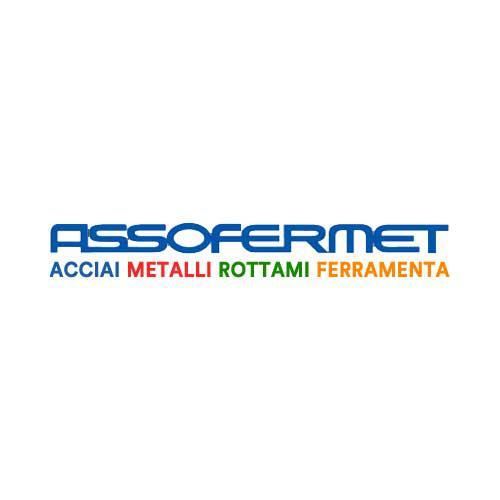
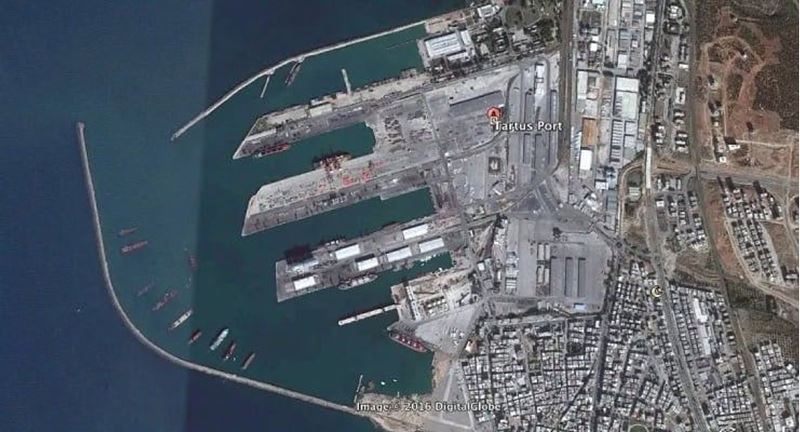
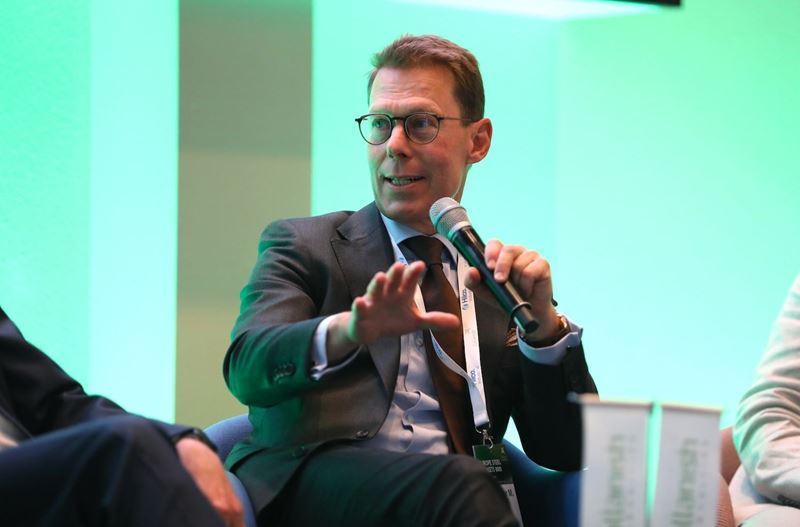
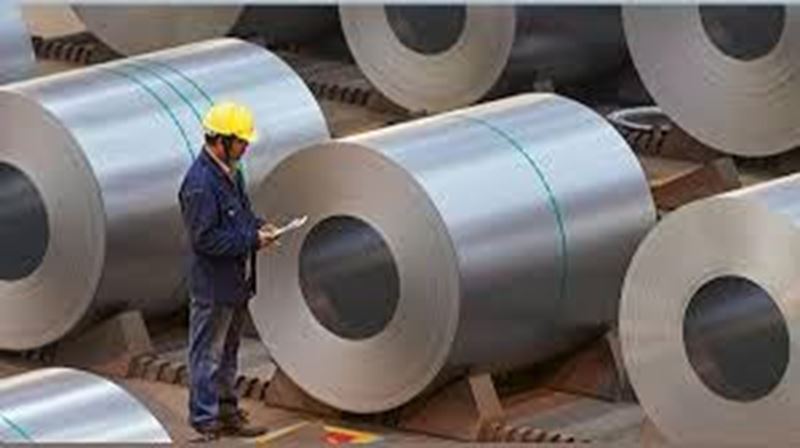
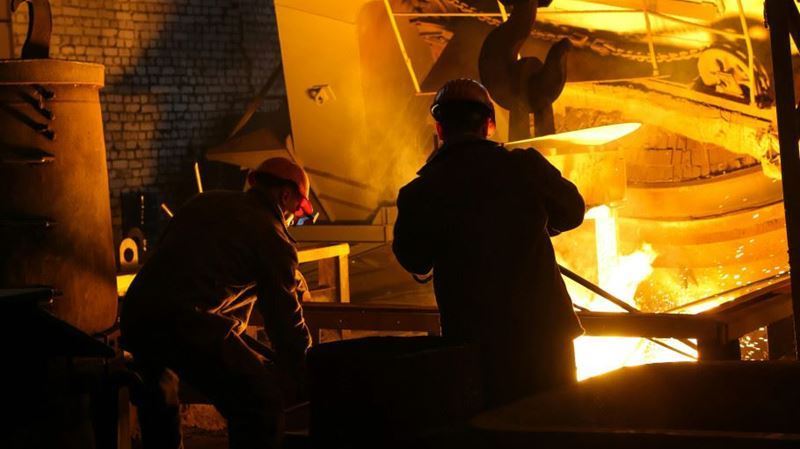



Comments
No comment yet.